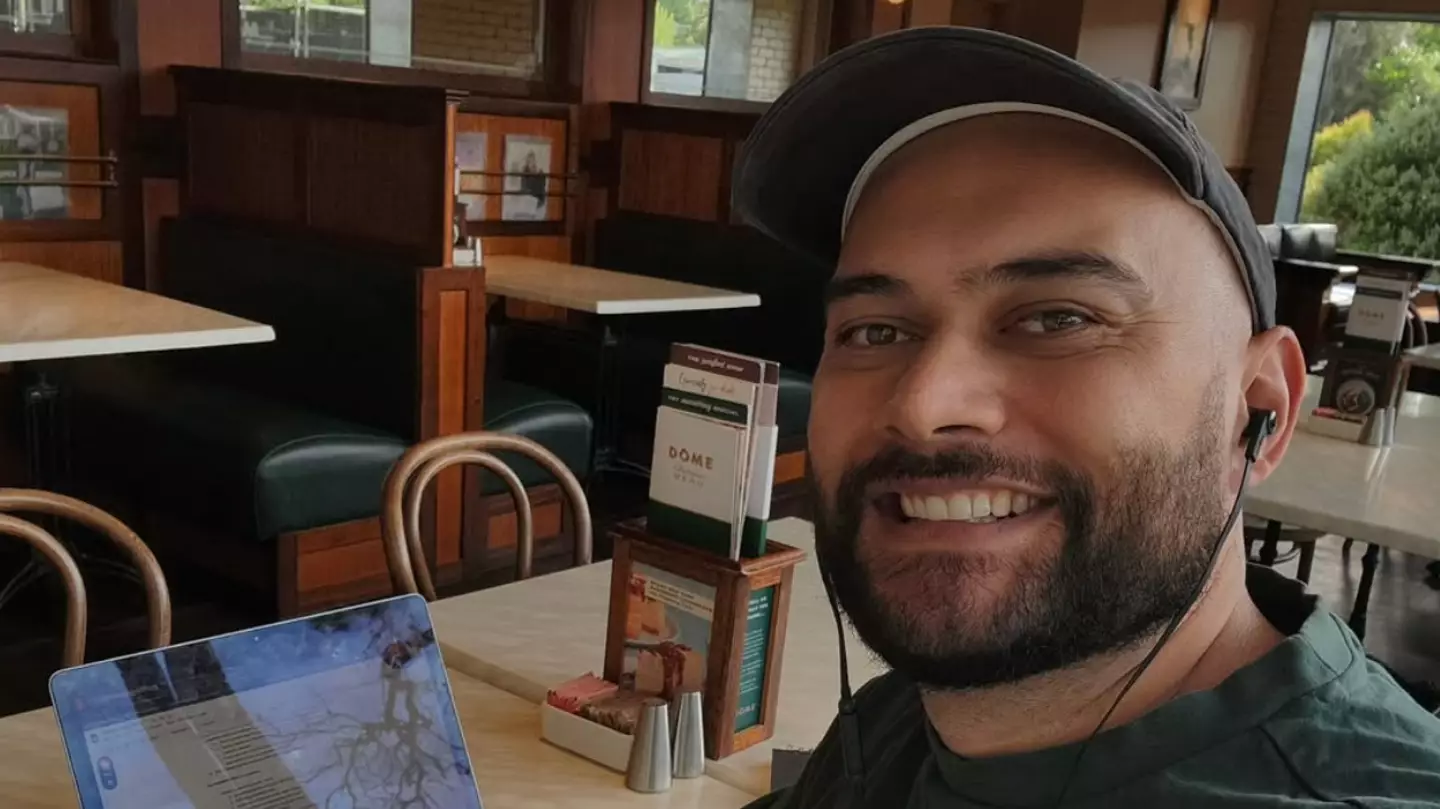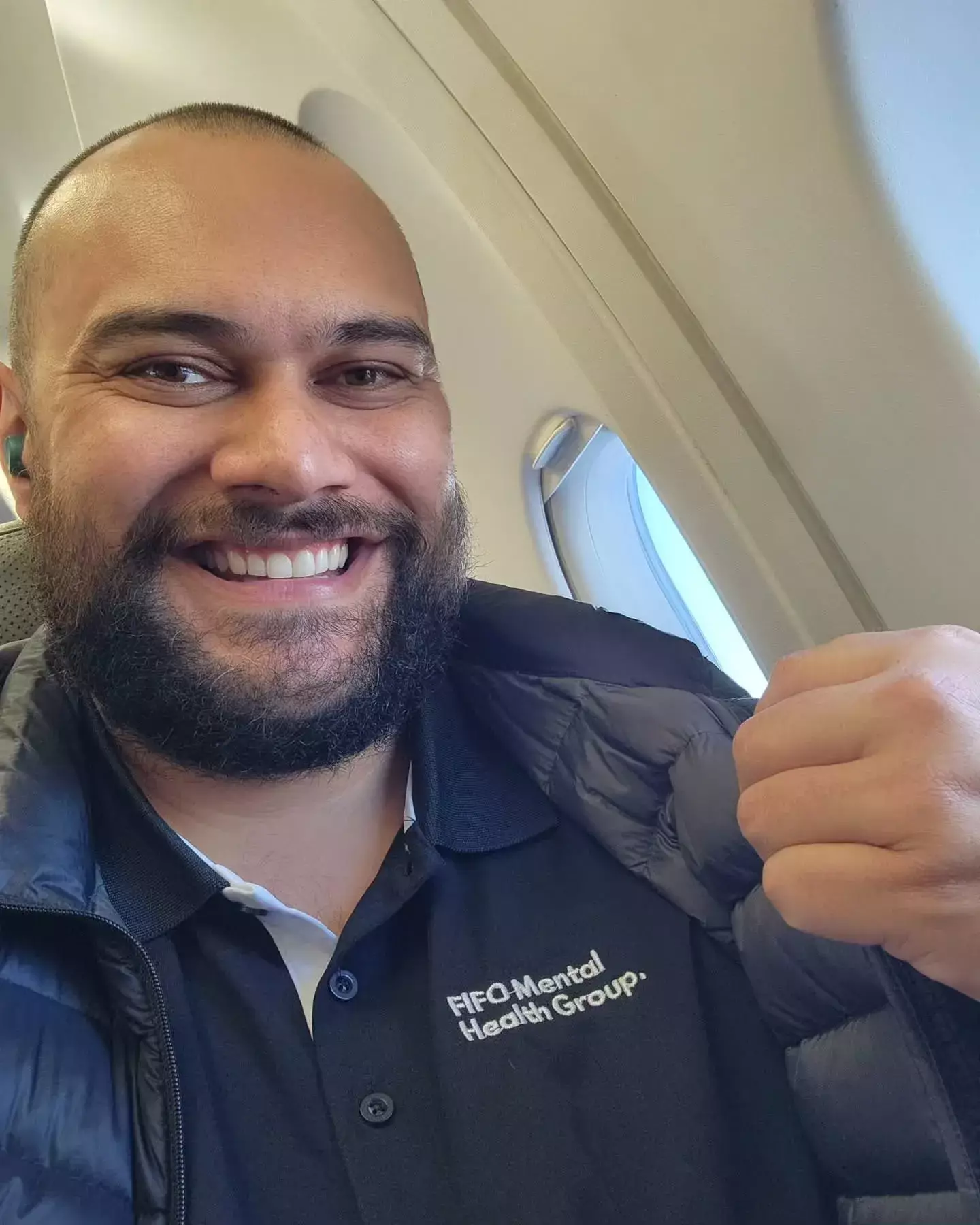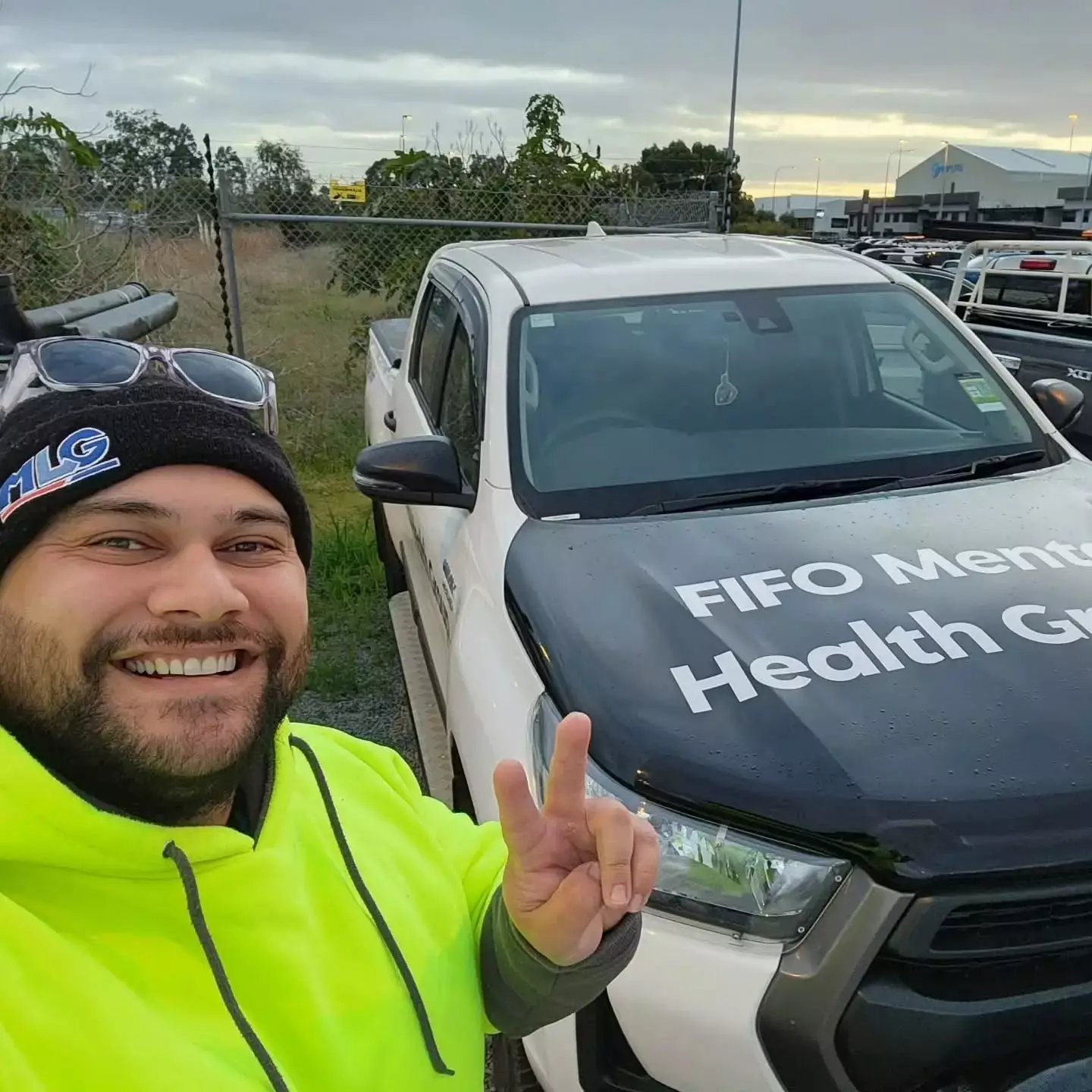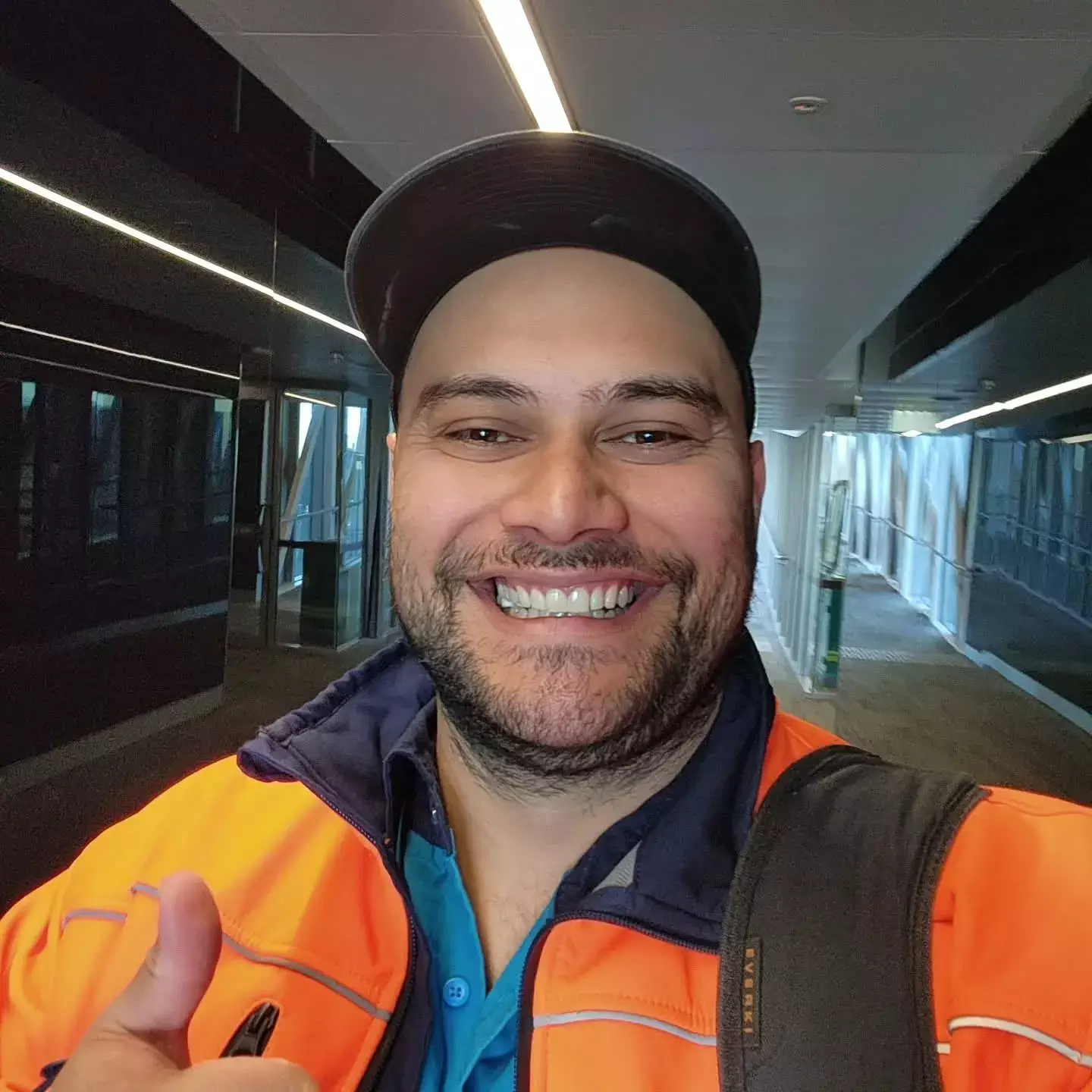
Warning: This article contains discussion of suicide which some readers may find distressing
A man has revealed the 'dark' reasons why he decided to leave behind a six-figure job at 28.
You are in the top one percent of people if you happen to earn £100k or more in the UK. Many of us would have to think twice before walking away from a high-paying job, given that the average wage in Britain is £37k.
However, for Lachie Samuel, who did nearly ten years of fly-in, fly-out (FIFO) work in the Western Australian mines, the remote work started to affect his personal life.
Advert
The now-mental health coach was earning between $3,000 AUD (£1,454) and $5,000 (£2,424) a week.
Aged 19, he left New Zealand to go to Perth, and was 'making more money than he knew what to do with'.

“You would do a 12-hour shift, come back to camp, hit the gym, then head straight to the pub and order as many drinks as you wanted,” he told news.com.au.
Gruelling parts of FIFO work typically include long hours in noisy, dusty, and confined underground spaces.
Workers are often face physical strain from handling heavy machinery, as well as mental fatigue from repetitive tasks and high-risk conditions. Harsh temperatures and limited ventilation also add to the demanding job.
However, in 2013, Lachie received a phone call that changed his life.
When he was 22, his girlfriend attempted to commit suicide while he was working on site in Kalgoorlie.

“I asked my team leader what I should do and he said, ‘if she really wanted to do it, she would have’,” Lachie revealed.
“I didn’t consider going home. Instead, I switched my swing from five days on two days at home to four weeks on, one week off.”
His partner soon decided to cut ties with him and so did his workplace.
“I eventually got a tap on the shoulder and was forced to resign. I was throwing stuff at my crew and picking fights, I didn’t understand that I was depressed at the time,” he said.
“I left that place with so much shame around being forced out.”
Lachie turned to alcohol and drugs during that period and even though his ex, who was pregnant, asked him to come back and raise their child, he wasn't in the right state to do so.

After almost taking his own life, the new dad said: “I remember the moments after, crying, thinking about how I nearly took my daughter’s dad. I’m really lucky that being the selfish person I was, I chose to find something in being a better person for he.”
He initially returned to the mines to pay off his debts, but told his boss one day that ‘I don’t want to be here anymore, I don’t want to live’.
Lachie is now in charge of a FIFO mental health group which offers one-on-one coaching to people who are struggling or have struggled in that line of work.
“When I host a presentation, I ask the group to nod if they’ve been through depression and I only get a couple of nods,” he said.
“But when I ask to nod if you feel like you really struggle and that you felt you didn’t like yourself – nearly everyone will nod their heads.”
If you’ve been affected by any of these issues and want to speak to someone in confidence, please don’t suffer alone. Call Samaritans for free on their anonymous 24-hour phone line on 116 123.